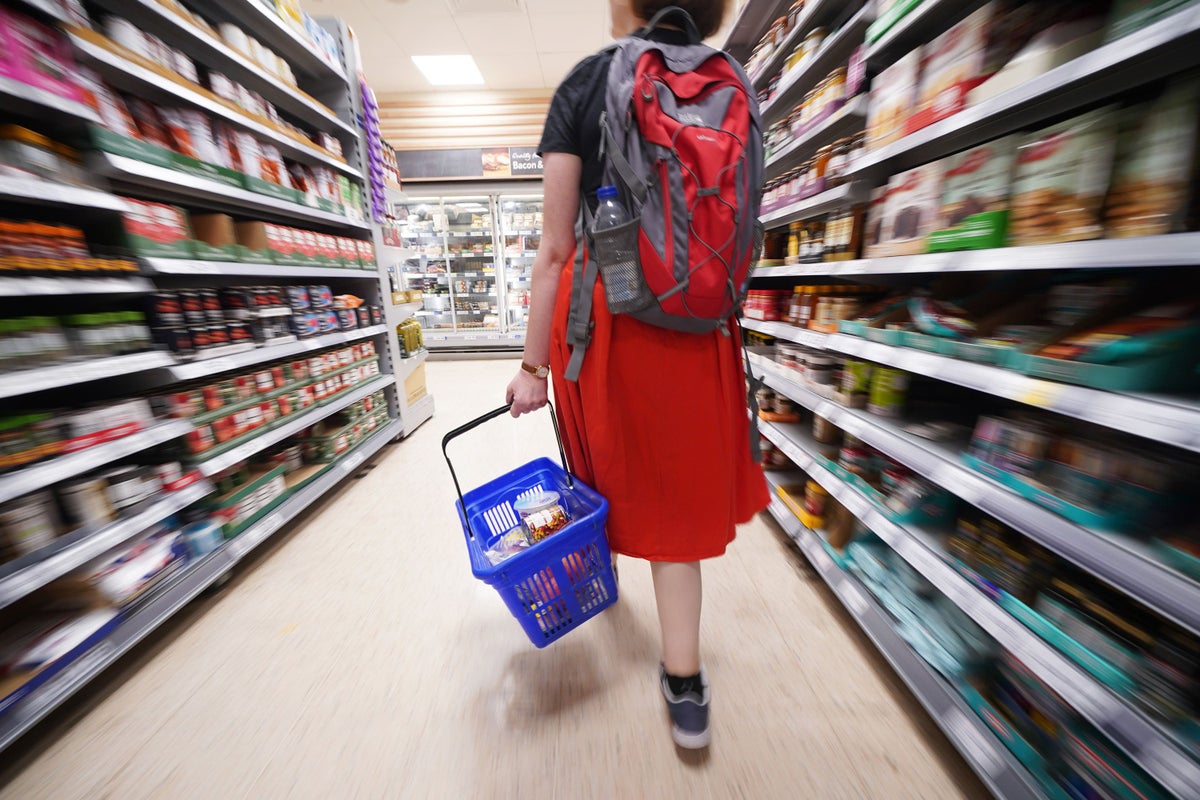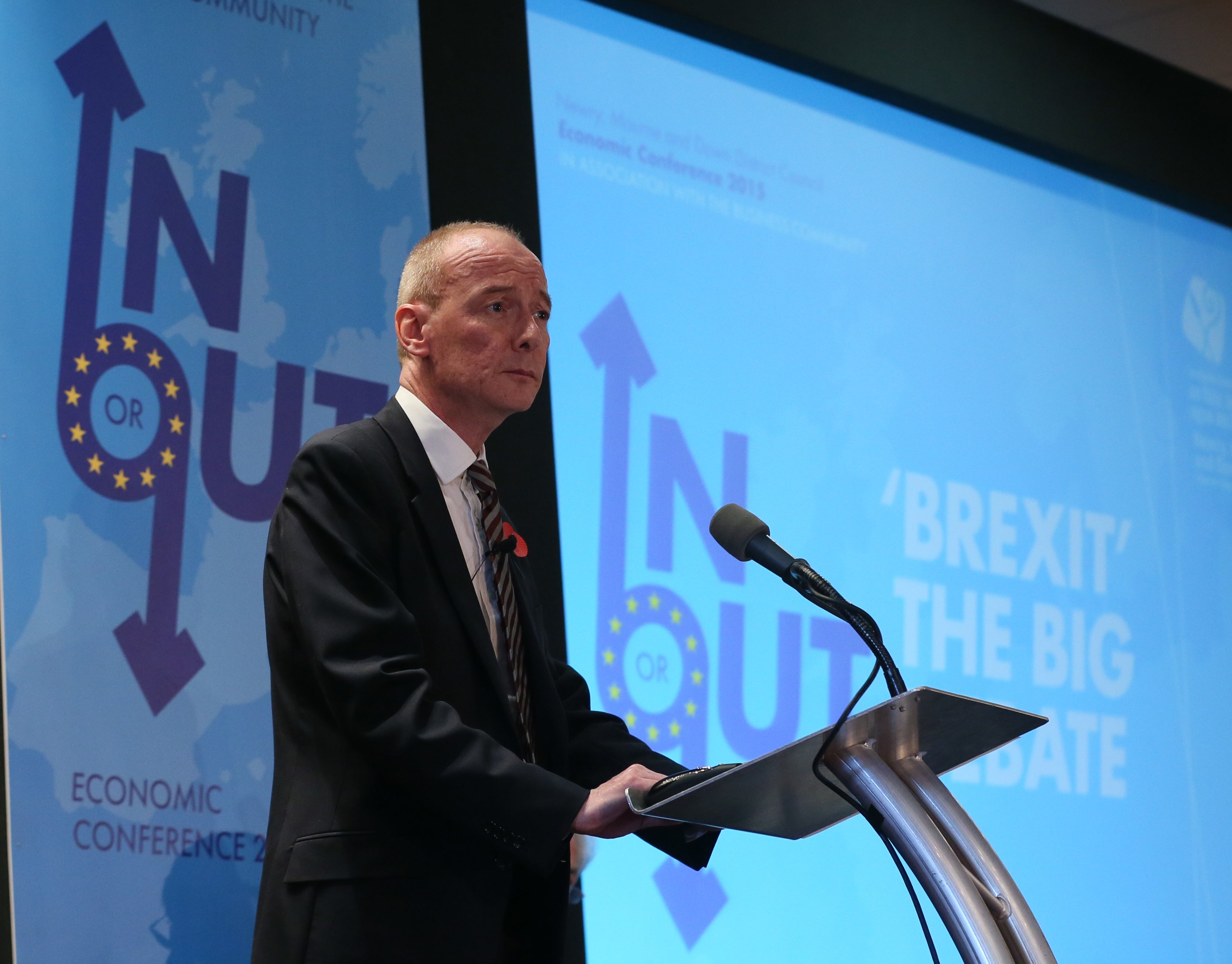
The UK will be hit with the fastest and harshest price rises in the G7, the Labour Party has warned.
Forecasts show that prices for everyday goods are set to rise 40 per cent faster in the UK than any other major advanced economy, costing households nearly £1,500 per year, the party said.
Labour has warned of the economic impacts expected over the next two years as the UK is set to experience the fastest inflation in the G7.
The party blamed the economic turmoil on Brexit and a lack of support for businesses across the UK, which it says has left “our businesses and households exposed to these rising prices”.
Labour has urged the government to cut costs domestically to deal with rising prices, and proposed the Green Prosperity Plan, designed to boost energy security by increasing the supply of renewable and nuclear energy, which they claim will cut costs for consumers.

Pat McFadden MP, Labour’s shadow chief secretary to the Treasury, said: “Families in Britain are being harder hit by price rises than many comparable economies.
“Other countries have had to cope with Covid and the consequences of the war in Ukraine yet it is Tory Britain which sits at the top of the inflation growth league of major industrial economies.
“There is so much the Tories could be doing to ease the burden on households and firms, and to make longer-term fixes to make our economy stronger and to get it growing. But instead, they are weighed down by their record and happy to sit back watching others push ahead while working people pay the price.
“Our country has the potential and promise it needs to move forward and out of this cost of living crisis. Labour will harness that and build a stronger economy.”
The UK is set to be the only major economy to shrink this year, the International Monetary Fund (IMF) said in January.
The economy will contract by 0.6 per cent in 2023, according to the IMF, although it was previously predicted to grow slightly this year by many other forecasts.
Jeremy Hunt, the chancellor, said the UK outperformed many forecasts last year. Meanwhile, shadow chancellor Rachel Reeves said the figures showed the UK “lagging behind our peers”.
The IMF said it had downgraded its forecasts for the UK economy due to high energy prices, rising mortgage costs and increased taxes, as well as persistent worker shortages, but did not mention Brexit.







